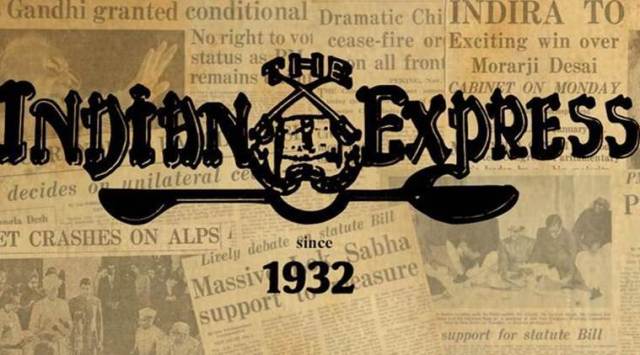
Deewar (1975) marked a turning point for Kapoor, as it did for Hindi cinema. “Mere paas maa hai” remains his most iconic dialogue. But the film also marked the end of the handsome, charming hero that Kapoor had hitherto played — the boy a girl took home to meet her parents. The Angry Young Man would rule the roost for much of the next decade. Kapoor, though, rather than retreat, chose to play to his strengths and remained the effortlessly likeable relief to the grim intensity of Amitabh Bachchan in films like Trishul.
By the time Deewar released, Kapoor was also already a staple for the director duo, Merchant-Ivory, with films like The Householder and Shakespeare Wallah. He continued to find meaningful roles abroad with The Deceivers and Side Streets. Kapoor chose to contribute to cinema as a producer as well, making Shyam Benegal’s Junoon possible, as well as films like 36 Chowringhee Lane, Kalyug and Girish Karnad’s Utsav. He played a pivotal role in reviving Prithvi Theatre in Mumbai, which remains a fulcrum for the performing arts in the city to this day. In an industry where stars hold on to images and mannerisms well past their sell-by date, Shashi Kapoor displayed how an artist can adapt to changing circumstances and audiences.